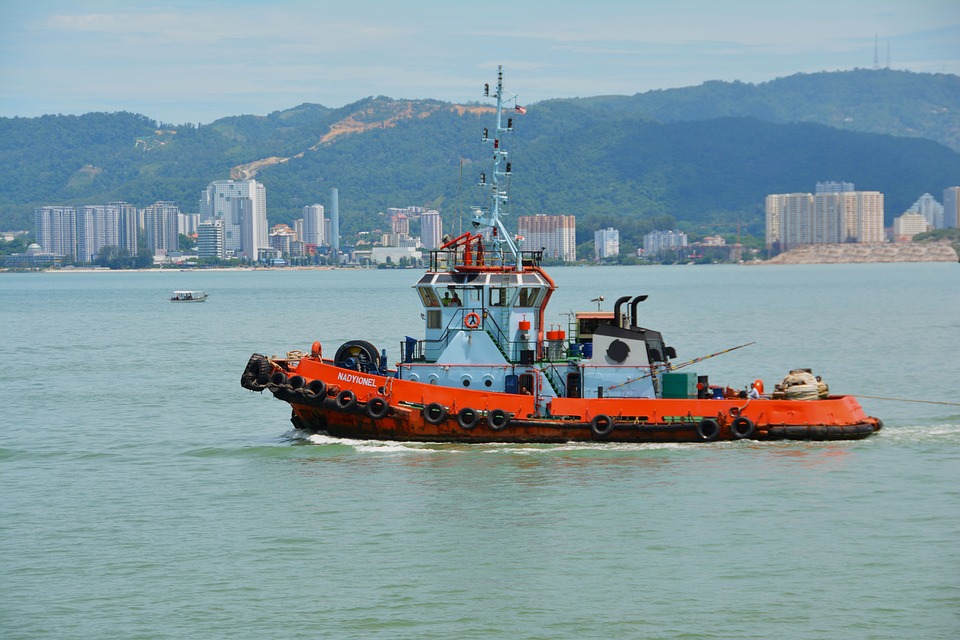The zero-emission boat will feature hydrogen fuel cells supplied by Ballard Power Systems.The hydrogen fuel push boat, which will be named Elektra, will feature propulsion power provided by the Ballard fuel cell modules, along with modular batteries.The boat will be used to transport goods in Germany.

The hydrogen fuel push boat is 20 meters (65.6 ft.) long and 8.2 meters (26.9 ft.) wide. Its primary purpose will be to transport goods between Berlin and Hamburg. It will also travel on inner-city transport routes in Berlin.
While the boat is under construction, which will commence this month, electricity and hydrogen insfrastructure is planned to be installed in the vessel’s inland waterways operating area.
Additionally, Ballard reportedly intends to ship three of its FCveloCity 100 kilowatt fuel cell modules in 2020. The company also plans to support integration, commissioning and testing of the Elektra during the boat’s demonstration phase.
The hydrogen fuel push boat is one of several zero-emission maritime projects occurring in Europe.Over the years, there have been a number of marine projects focused on running ships on clean power, such as ferries in Norway, France and the UK. Earlier this year, Hydrogen Fuel News reported about three Norwegian companies working on adding hydrogen fuel cells to an existing ferry as part of a new hydrogen hybrid ferry test.
That being said, as for the Elektra project, President and CEO of Ballard Power Systems Europe, Jesper Themsen, said that “We are excited that the Marine Center of Excellence at our facility in Hobro, Denmark – which we announced in April this year – will be integral to our activities on this project with Behala and other consortium partners,”reports H2 View.
“During 2019 we have taken on a growing number of European marine projects, a sign of the growing interest around zero-emission solutions for the marine industry, with the Elektra being the latest example,” Jesper added.
Beyond Ballard and the Schiffswerft Hermann Barthel shipyard, other partners a part of the Elektra project include Imperial Logistics, Anleg (which is providing the hydrogen storage tanks), Schiffselektronik Rostock (providing maritime electronics), and EST-Floattech (providing batteries).
The hydrogen fuel push boat project is led by the Department of Design and Operation of Maritime Systems of the Technical University in Berlin.
